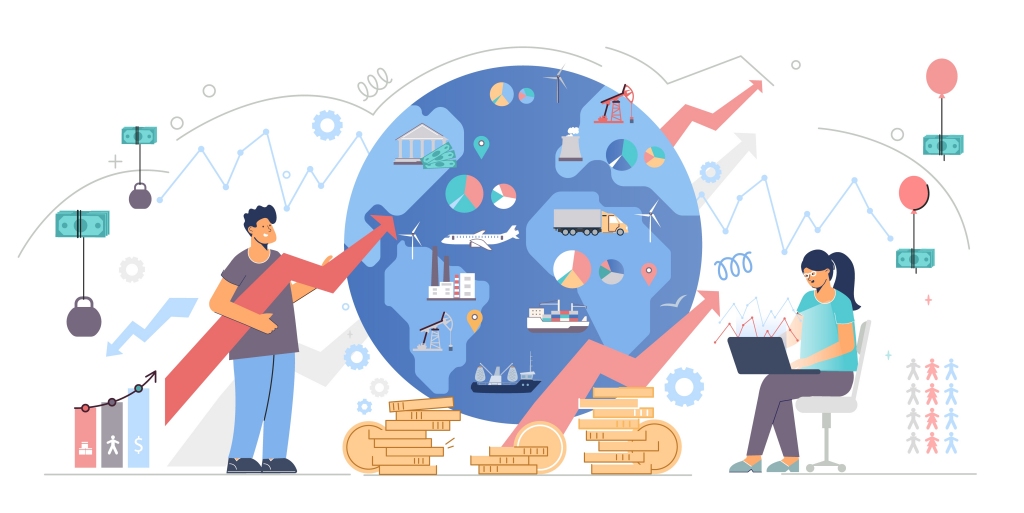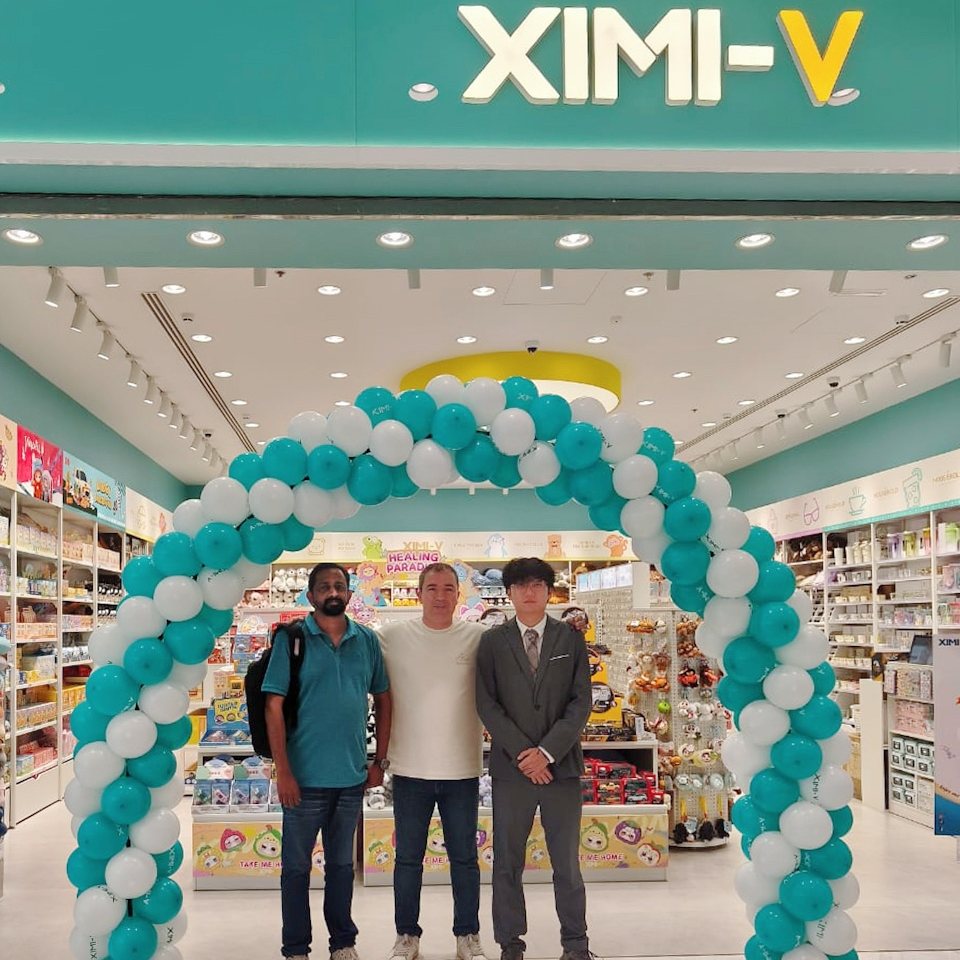XIMIVOGUE Insights on Experience Economy Trends in 2025
Author: Celia| Keywords chosen by Celia
As shopping for fast-moving consumer goods becomes more standardized, more consumers seek more than just the physical product.
The Experience Economy is not just a passing trend—it is reshaping how value is created and perceived today.
In 2025, the Experience Economy thrives on a quest for meaning, balance, and transformative experiences.
What is the meaning of experience economy?
The Experience Economy transforms goods and services into immersive offerings.
Rooted in a world where material needs are largely satisfied, this model reflects humanity’s increasing craving for meaning, connection, and novelty.

Key experience economy trends in 2025
1. Harness advanced technologies
In 2025, technology will serve as both an enabler and a challenge—enhancing experiences while testing the balance between presence and connectivity.
As innovation accelerates, so does our ability to craft immersive experiences that transport people across time and space. Businesses are increasingly integrating virtual reality (VR), augmented reality (AR), and mixed reality (MR) to deliver unforgettable moments.
Industries like tourism and retail are leveraging VR and AR to create interactive, one-of-a-kind experiences. Meanwhile, mobile devices and social media empower customers to share these moments instantly, amplifying their reach and impact.

2. Reach global audience through multiple channels
To thrive in the global Experience Economy, businesses must connect with and engage diverse audiences effectively.
By streaming live VR events, launching interactive campaigns, and showcasing experiences across multiple channels, companies can expand their reach, tapping into international markets and attracting customers worldwide.
Additionally, integrating media outreach with advanced content delivery solutions enables businesses to craft seamless, impactful consumer experiences that resonate on a global scale.

3. Millennials become the main force
The experience economy is inseparable from Millennials (born between 1980 and 2000), who prioritize experiences over ownership.
They seek to explore, embrace new adventures, and live life to the fullest—free from the burdens of material ownership. For them, success is defined not by what they own but by the richness and quality of their experiences.
Recognizing this shift, many brands are focusing on creating immersive and memorable events, knowing that the more engaging the experience, the greater its impact on both participants and observers.

4. Foster emotional connections with customers
Consumers will increasingly make purchasing decisions and engage with brands based on their emotions and current states.
Authentic interactions can be fostered by anticipating and responding to these emotional needs.
By offering distinct and unforgettable experiences, businesses can also cultivate customer loyalty and advocacy.

5. Focus on personalization
Personalization plays a crucial role in crafting successful experiences within the experience economy. Customers seek experiences that align with their unique preferences and needs.
Leveraging advanced data analytics and AI-powered technologies, businesses are creating highly relevant experiences, from personalized recommendations to customized messaging.
This approach fosters emotional connections that build lasting relationships and strengthen brand loyalty. It also leads to reduced cart abandonment, minimized information overload, and more efficient marketing costs.


 Carry Your Fresh Start with These 6 XIMIVOGUE Lunch Bags
Carry Your Fresh Start with These 6 XIMIVOGUE Lunch Bags
 Upgrade Your New Year Style with XIMIVOGUE Claw Clips
Upgrade Your New Year Style with XIMIVOGUE Claw Clips
 Top 6 Greeting Cards You Need in Your XIMIVOGUE Basket This Year
Top 6 Greeting Cards You Need in Your XIMIVOGUE Basket This Year
 Enjoy The Unexpected Power of XIMIVOGUE Star Shaped Accessories
Enjoy The Unexpected Power of XIMIVOGUE Star Shaped Accessories
 Grand Opening of XIMIVOGUE New Store in Muscat
Grand Opening of XIMIVOGUE New Store in Muscat




